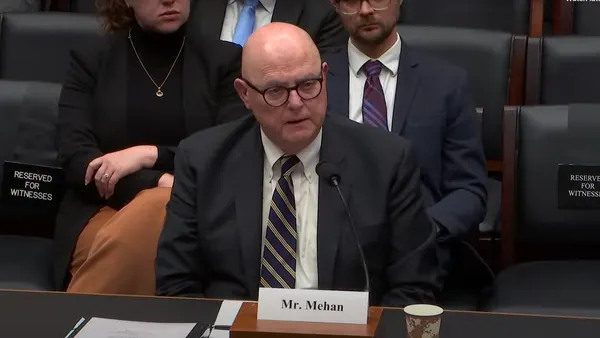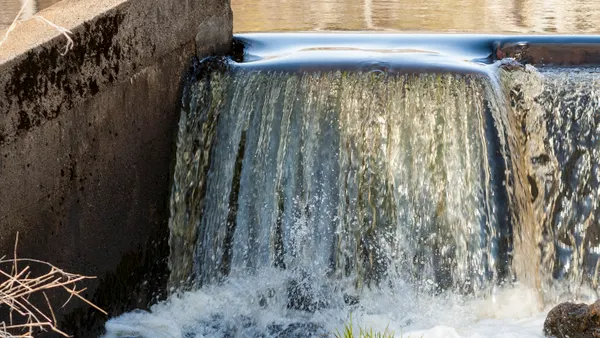Dive Brief:
- On Aug. 1, the Halifax Regional Municipality in Nova Scotia switched to clear trash bags to assure that residents are complying with recycling and composting rules. Since that ordinance went into effect, waste collected at the curb dropped 31.4% while recycling rates increased by nearly 20%.
- A report notes that there has been no other significant change in the generation of waste streams year over year, therefore the clear bag and its associated changes are responsible for the new rates.
- If the trend continues, Halifax will consider making facility adjustments to properly accommodate for the municipality's waste and recycling rates.
Dive Insight:
"The numbers say that clear bags work," said Councilwoman Jennifer Watts to the Chronicle Herald. "We’re reducing the amount of garbage that ends up at the landfill." While this is true, the Halifax Regional Municipality is also saving money. In July, Waste Dive reported the financial benefits of the new law, stating that it cost $170 to process a metric ton of garbage at the landfill, but only $50 to process each metric ton at the recycling facility.
A downside to the clear plastic bag rule has been plaguing the U.S. market: "trash-snooping." While Halifax residents may not feel that their privacy is being invaded, residents in various U.S. cities have retaliated when introduced to similar clear plastic bag rules. In Seattle, a "zero tolerance" policy for disposal of food waste or compostables caused eight residents to sue the city for invasion of privacy due to "trash-snooping" for compliance.
"We don’t want to get in anyone’s business ... We want the garbage system to work well," Tim Croll, solid waste planning and program manager for Seattle Public Utilities, told Waste Dive.
To keep residents compliant, Halifax has depended on extensive outreach and education programs carried out by the city’s solid waste professionals.









